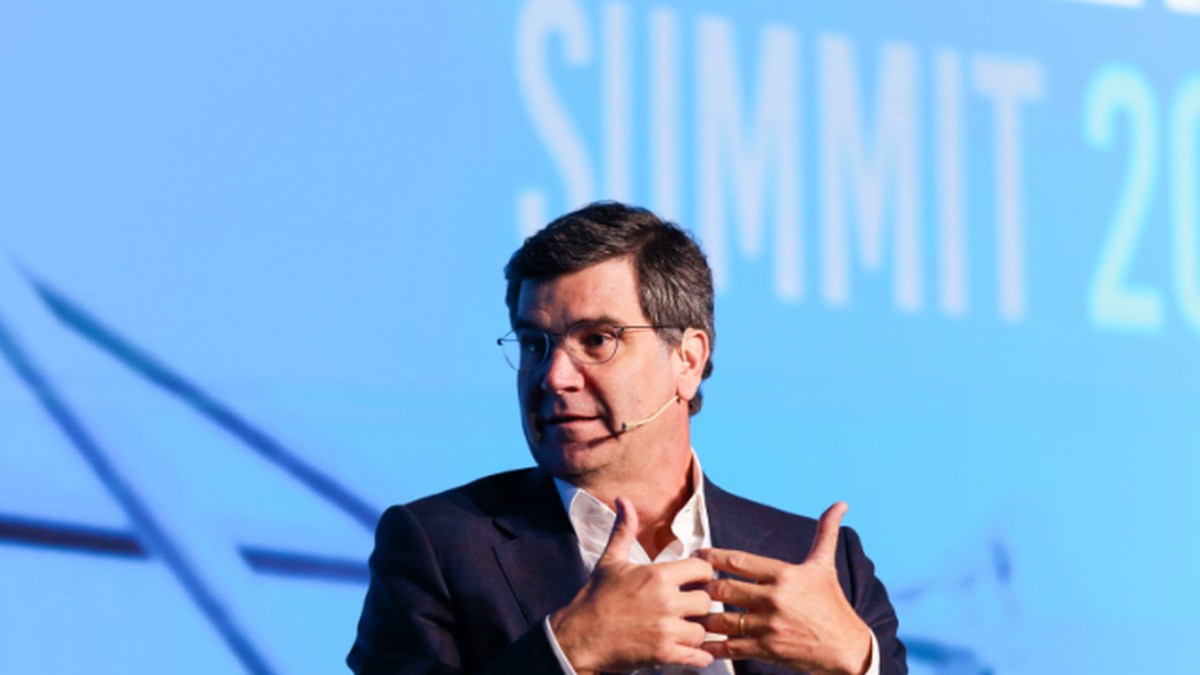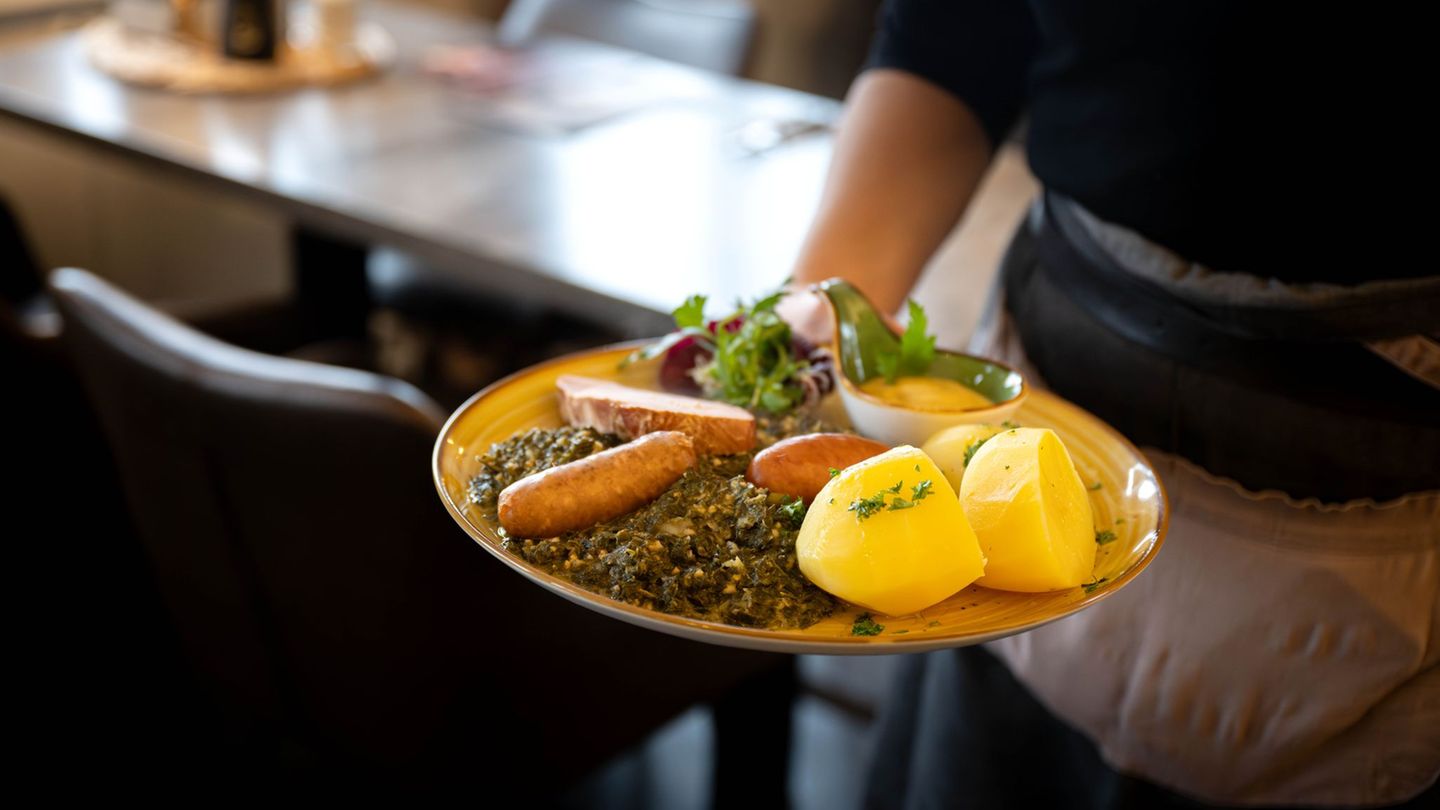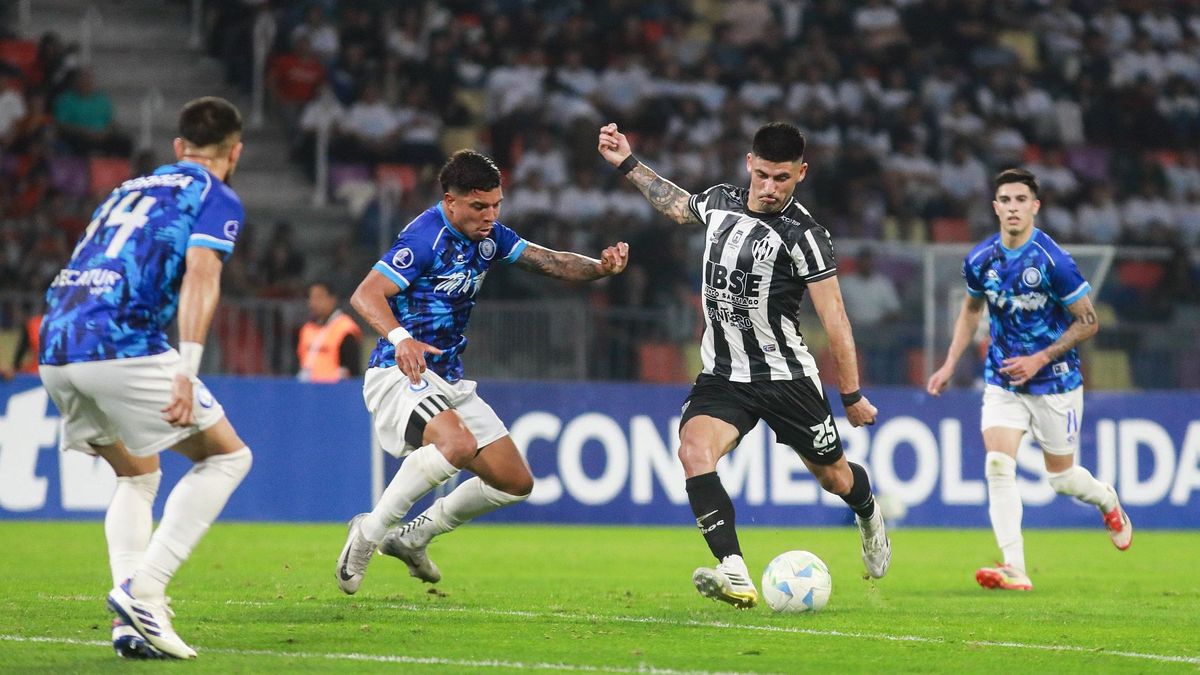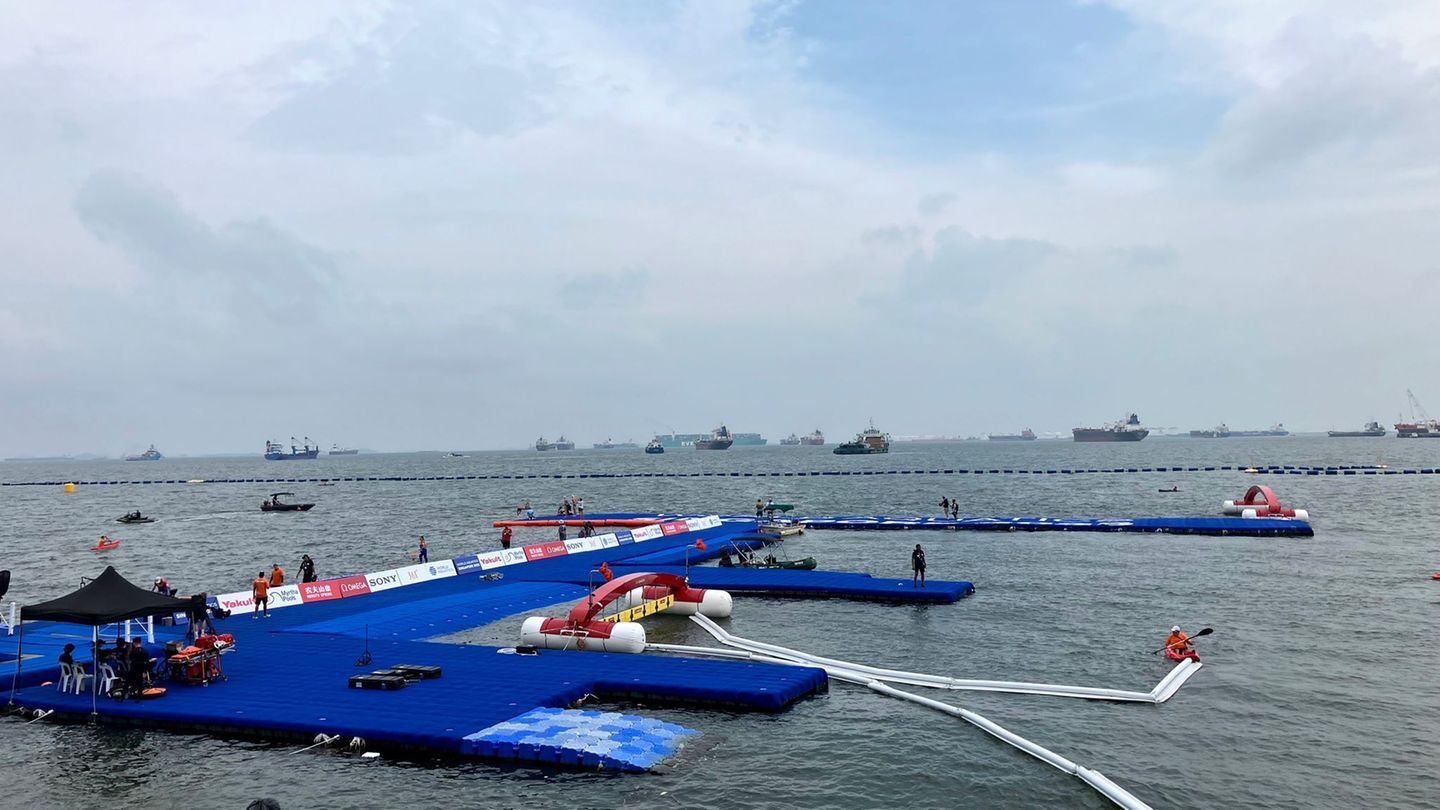The CEO of Ternium, Máximo Vedoya, assured that Argentina, Brazil and the region in general “are one step behind” Mexico in terms of policies aimed at industrializing the economywhile stating that the steel companies in the region need to have “defense against China and unfair competition.”
“Brazil, Argentina, Colombia and Latin America are one step behind what is happening in Mexico. Mexico does have a path and a clear industrial vision. In Argentina and Brazil we are a step behind,” said Vedoya. when speaking within the framework of the Alacero Summit 2024 that took place in a hotel in Puerto Madero.
The CEO of Ternium made reference to the iimpressive transformation of the Latin American country that in the 80’s had an exportable supply made up of 90% oil, and that now they are industrial products.
In strategic terms, it is stated that The Latin American region will regain importance in the coming years as developed Western countries are relocating their suppliers. given the increase in global tensions, especially between the United States and China.
For companies, the regional agenda presents a great opportunity for reindustrialization through value chain integration, but to do so, they require active government policies.
“There are many things that are being done well. The stocks something that does not help in any development. But we are far from saying that we have an industrial policy,” said Vedoya. when talking about the situation in Argentina. The manager indicated that “we need to have a defense against China and unfair trade”
On the other hand, in relation tothe 2030 environmental agendawhich proposes the reduction of carbon emissions, said that the transformation towards clean forms “It’s a cost.”
“If we want to have a decarbonized society there is a cost, In Europe it is being done with many subsidies. But it has to be done at a global level,” Vedoya explained.who indicated that China and India continue to produce steel with high emissions.
After highlighting that Latin America is a clean region, since it is the region of the planet with the lowest carbon emissions, he pointed out that If China and India do not decarbonize “we will have to find ways to defend ourselves.”
On your sidePaula Jeferson, CEO of ArcelorMittal pointed out that despite the difficulties that the sector is going through, the new global conditions allow it to be cautiously optimistic.
“We are optimistic, but with caution. There are plans for heavy investments. exists a gap in Latin America in steel consumption that is very important, which is less than half of the world average,” he explained. De Paula admitted, in another aspect, that no matter how much effort companies put in, they will not be able to meet the objective of achieving steel production with zero carbon emissions by 2050.
For its part, Gustavo Werneck, CEO of Gerdau, stated that the industry faces the “enormous challenge of innovation. Werneck demanded greater action from the State to protect companies in the sector. “Governments are being very slow in combating unfair imports. We are not asking for protection but rather we are asking for conditions to compete as equals,” he said.
Source: Ambito




